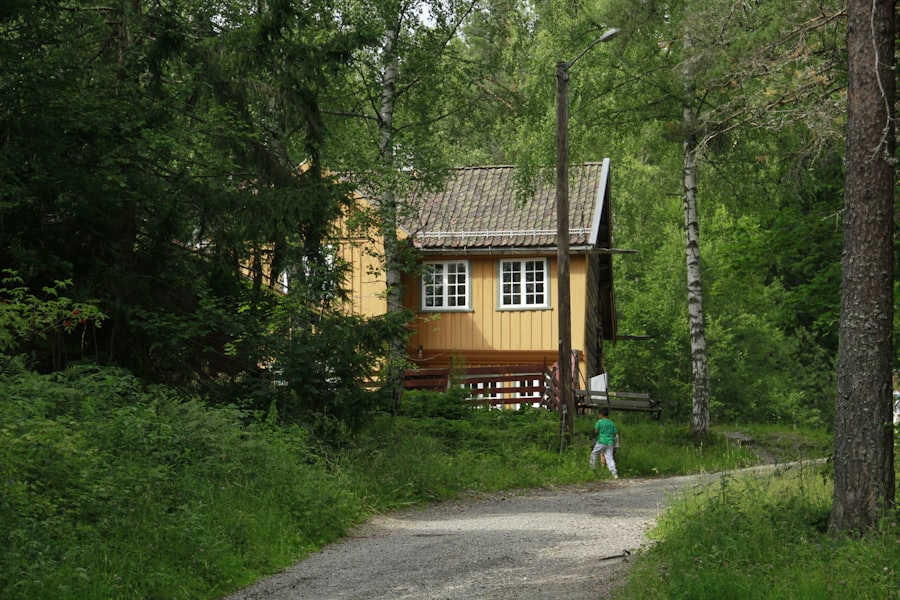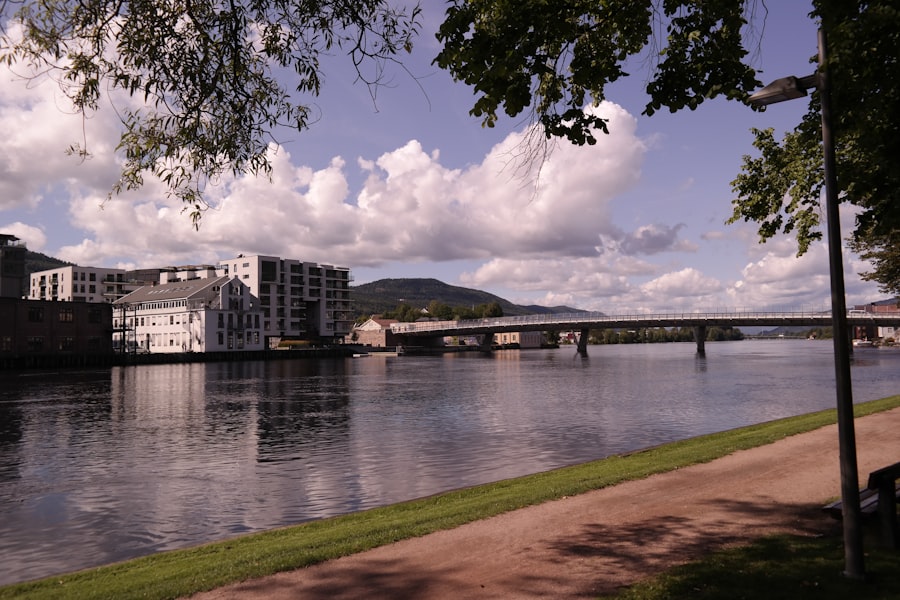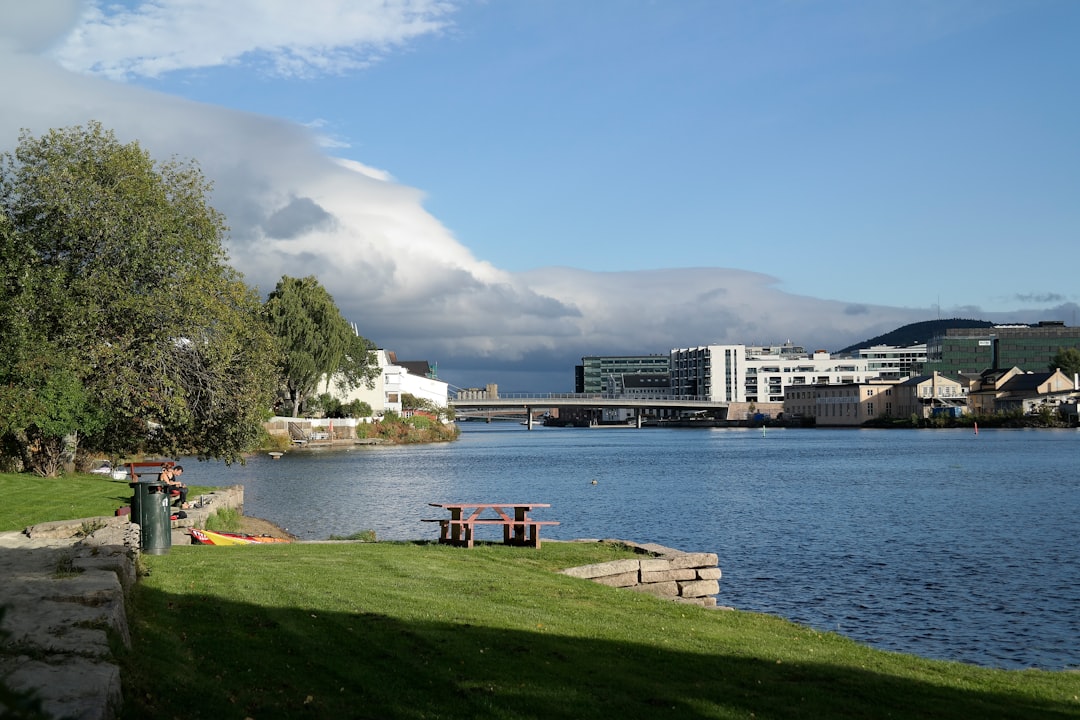The Polar Night is a captivating yet challenging phenomenon that occurs in the Arctic and Antarctic regions, where the sun does not rise above the horizon for an extended period. In Norway, particularly in the northern regions like Svalbard and Tromsø, this period can last for several weeks to months, enveloping the landscape in a deep, enchanting darkness. While many are drawn to the beauty of the shimmering Northern Lights and the serene stillness of the snow-covered terrain, the Polar Night also brings with it a host of psychological and emotional challenges.
Understanding these challenges is crucial for those living in or relocating to these regions, and this is where the Norway Relocation Group can provide invaluable assistance. They offer resources and support to help individuals acclimatise to their new environment, ensuring a smoother transition during this unique time of year. As the days grow shorter and darkness prevails, it is essential to recognise the impact of the Polar Night on mental well-being.
The Norway Relocation Group can guide newcomers through this adjustment period, offering insights into local customs, community activities, and coping mechanisms that can enhance their experience. By fostering connections with others who have navigated similar challenges, individuals can find solace and support in their new surroundings. The Polar Night may be daunting, but with the right resources and community backing, it can also be a time of reflection, growth, and appreciation for the beauty of winter. Plan your relocation with confidence. Book a personal meeting with the Norway Relocation Group today.
Summary
- The Polar Night refers to the period of continuous darkness experienced in polar regions during winter.
- The Polar Night can have a significant psychological impact, leading to feelings of isolation, depression, and anxiety.
- Seasonal Affective Disorder (SAD) is a type of depression that occurs at a certain time of year, often during the Polar Night.
- Coping strategies for the Polar Night include light therapy, regular exercise, and maintaining social connections.
- The Polar Night can disrupt sleep and circadian rhythms, leading to fatigue and decreased mental alertness.
Understanding the Psychological Impact of the Polar Night
The psychological impact of the Polar Night is profound and multifaceted. The absence of sunlight can lead to feelings of isolation and melancholy, as individuals may find themselves grappling with a sense of disconnection from the world around them. The long hours of darkness can create an environment that feels stagnant and unchanging, which can exacerbate feelings of anxiety and depression.
For many, this period can feel like an endless night, leading to a longing for the warmth and vibrancy of daylight. Moreover, the Polar Night can disrupt daily routines and social interactions. With limited daylight hours, people may find it challenging to engage in outdoor activities or social gatherings, leading to a sense of confinement.
This isolation can be particularly pronounced for newcomers who may not yet have established a support network. The Norway Relocation Group understands these challenges and offers tailored support to help individuals navigate this period effectively. By connecting newcomers with local resources and community events, they can help mitigate feelings of loneliness and foster a sense of belonging.
Seasonal Affective Disorder (SAD) and the Polar Night

One of the most significant psychological effects associated with the Polar Night is Seasonal Affective Disorder (SAD). This condition is characterised by depressive symptoms that occur at specific times of the year, often coinciding with periods of reduced sunlight. In regions experiencing prolonged darkness, such as those affected by the Polar Night, individuals may be particularly vulnerable to SAD.
Symptoms can include fatigue, irritability, changes in sleep patterns, and difficulty concentrating. Understanding SAD is crucial for those living in or relocating to areas affected by the Polar Night. The Norway Relocation Group can provide valuable information about SAD, including its symptoms and potential treatments.
By raising awareness about this condition, they empower individuals to seek help when needed and encourage proactive measures to combat its effects. This might include engaging in light therapy, maintaining a regular exercise routine, or seeking professional support from mental health services.
Coping Strategies for the Polar Night
Coping with the challenges posed by the Polar Night requires a proactive approach. One effective strategy is to establish a routine that incorporates activities promoting physical and mental well-being. Regular exercise is particularly beneficial, as it releases endorphins that can elevate mood and combat feelings of lethargy.
Engaging in outdoor activities during daylight hours—when available—can also help individuals make the most of limited sunlight. Another essential coping strategy is to cultivate social connections. The Norway Relocation Group encourages newcomers to participate in community events and local gatherings, which can provide opportunities for social interaction and support.
Building relationships with others who understand the unique challenges of living in a polar environment can foster a sense of camaraderie and belonging. Additionally, exploring creative outlets such as art or writing can serve as a therapeutic means of self-expression during this time.
Social and Cultural Impacts of the Polar Night
The Polar Night has profound social and cultural implications for communities living in affected regions. In Norway, this period is often embraced as an opportunity for celebration and connection. Festivals and events are organised to bring people together, fostering a sense of community spirit during the darkest months.
These gatherings often feature traditional music, food, and activities that highlight local culture and heritage. Moreover, the Polar Night has inspired various artistic expressions throughout history. Literature, music, and visual arts often draw upon themes of darkness and light, reflecting the unique experiences of those living in polar regions.
The Norway Relocation Group encourages newcomers to immerse themselves in these cultural experiences, as they provide valuable insights into local traditions while also serving as a means of connection with others.
Sleep and Circadian Rhythm Disruptions during the Polar Night

The Polar Night can significantly disrupt sleep patterns and circadian rhythms due to the absence of natural light cues that regulate our internal clocks. Many individuals may find it challenging to maintain a consistent sleep schedule during this time, leading to feelings of fatigue and irritability. The lack of sunlight can also affect melatonin production, further complicating sleep quality.
To mitigate these disruptions, it is essential to establish healthy sleep hygiene practices. This includes creating a comfortable sleep environment, maintaining a consistent bedtime routine, and limiting exposure to screens before bed. The Norway Relocation Group can provide resources on sleep health tailored to those experiencing the Polar Night’s effects.
By prioritising sleep health, individuals can enhance their overall well-being during this challenging period.
Mental Health Support and Resources for the Polar Night
Accessing mental health support is crucial for those navigating the psychological challenges associated with the Polar Night. Fortunately, various resources are available for individuals seeking assistance. Local mental health services often offer counselling and therapy tailored to address issues related to seasonal affective disorder and other mental health concerns exacerbated by prolonged darkness.
The Norway Relocation Group plays a vital role in connecting newcomers with these resources. They provide information on local mental health services, support groups, and community initiatives aimed at promoting mental well-being during the Polar Night. By fostering awareness about available support options, individuals are empowered to seek help when needed, ultimately enhancing their resilience during this challenging time.
Work and Productivity Challenges during the Polar Night
The Polar Night can also pose challenges in terms of work and productivity. The lack of natural light may lead to decreased motivation and focus for many individuals, impacting their ability to perform effectively in their jobs or studies. Additionally, feelings of fatigue associated with disrupted sleep patterns can further hinder productivity levels.
To combat these challenges, it is essential for individuals to implement strategies that promote focus and motivation during this time. This might include setting specific goals for each day or creating a structured work environment that minimises distractions. The Norway Relocation Group can assist newcomers in navigating workplace dynamics in polar regions by providing insights into local work culture and expectations.
Physical Health Implications of the Polar Night
The physical health implications of the Polar Night are closely intertwined with its psychological effects. Reduced sunlight exposure can lead to vitamin D deficiency, which is essential for maintaining overall health and well-being. Additionally, sedentary lifestyles during this period may contribute to weight gain and other health issues.
To counteract these physical health challenges, individuals should prioritise regular exercise and outdoor activities whenever possible. Engaging in physical activity not only promotes physical health but also has positive effects on mental well-being by releasing endorphins that elevate mood. The Norway Relocation Group encourages newcomers to explore local fitness options or outdoor pursuits that align with their interests while fostering connections within their new community.
Historical and Folklore Perspectives on the Polar Night
Throughout history, various cultures have developed unique perspectives on the Polar Night, often weaving it into their folklore and traditions. In Norway, tales of mythical creatures such as trolls or spirits are common during this time when darkness reigns supreme. These stories often reflect humanity’s relationship with nature’s cycles and serve as a means of understanding the mysteries surrounding prolonged darkness.
Moreover, historical practices such as lighting candles or bonfires during winter solstice celebrations highlight humanity’s innate desire to bring light into darkness. The Norway Relocation Group encourages newcomers to explore these cultural narratives as they provide valuable context for understanding local traditions while fostering connections with others who share similar experiences.
Navigating the Psychological Impact of the Polar Night
Navigating the psychological impact of the Polar Night requires awareness, resilience, and community support. While this period presents unique challenges related to mental health, social connections, sleep patterns, work productivity, and physical well-being, it also offers opportunities for growth and reflection. The Norway Relocation Group stands ready to assist newcomers in acclimatising to their new environment by providing resources tailored to address these challenges effectively.
By fostering connections within local communities and embracing cultural traditions associated with the Polar Night, individuals can find solace amidst darkness while cultivating a sense of belonging in their new home. As they navigate this enchanting yet complex phenomenon together with support from organisations like the Norway Relocation Group—individuals can transform their experience into one filled with resilience, connection, and appreciation for life’s beauty even in its darkest moments. In addition to community support systems available through organisations like the Norway Relocation Group—individuals are encouraged to explore Norwegian courses at institutions such as NLS Norwegian Language School in Oslo.
Learning the language not only enhances communication but also deepens cultural understanding—further enriching one’s experience during this captivating yet challenging time known as the Polar Night.

